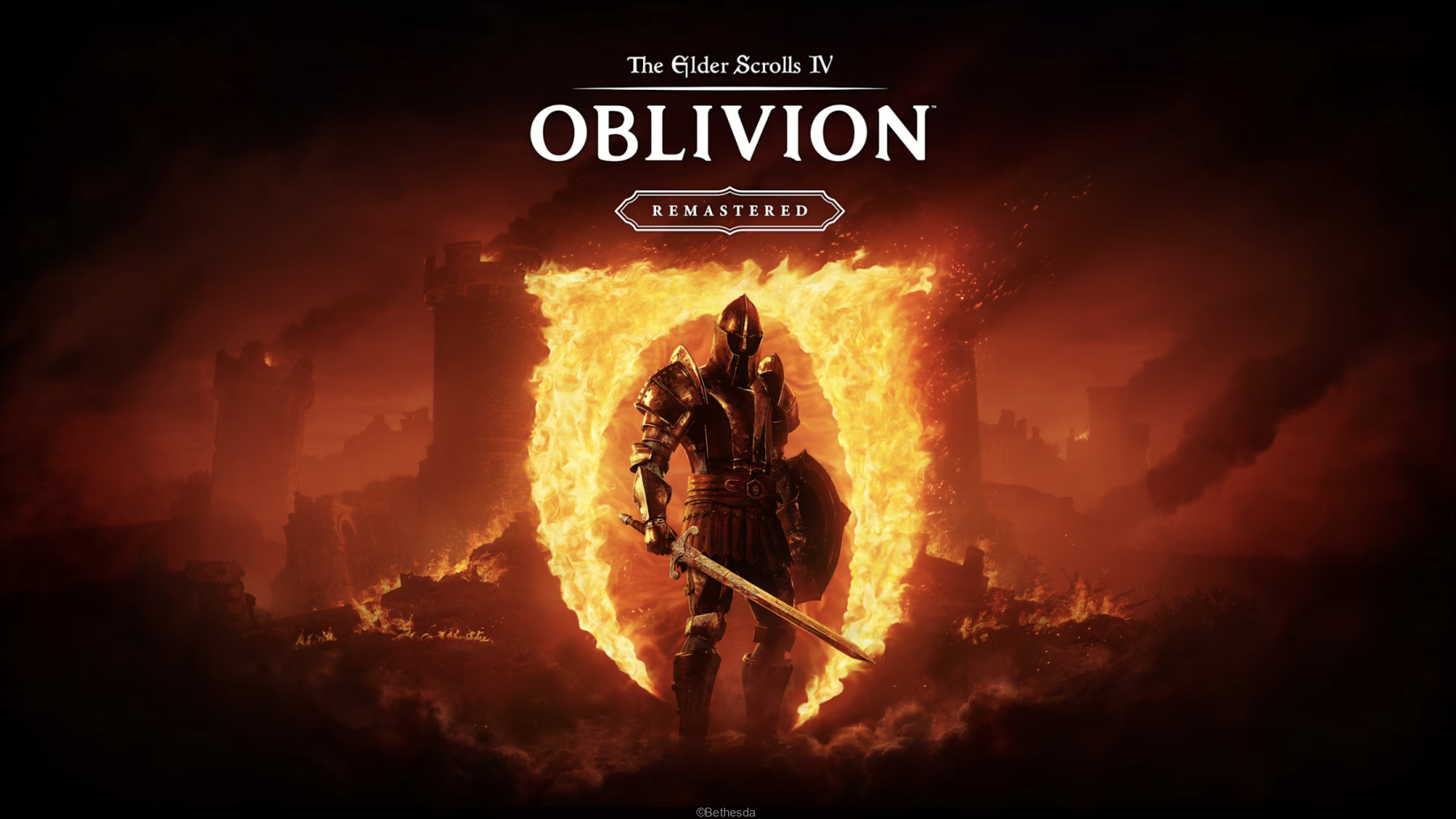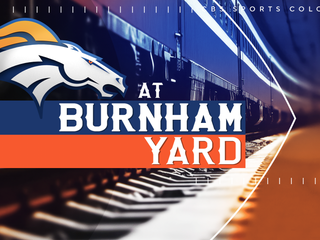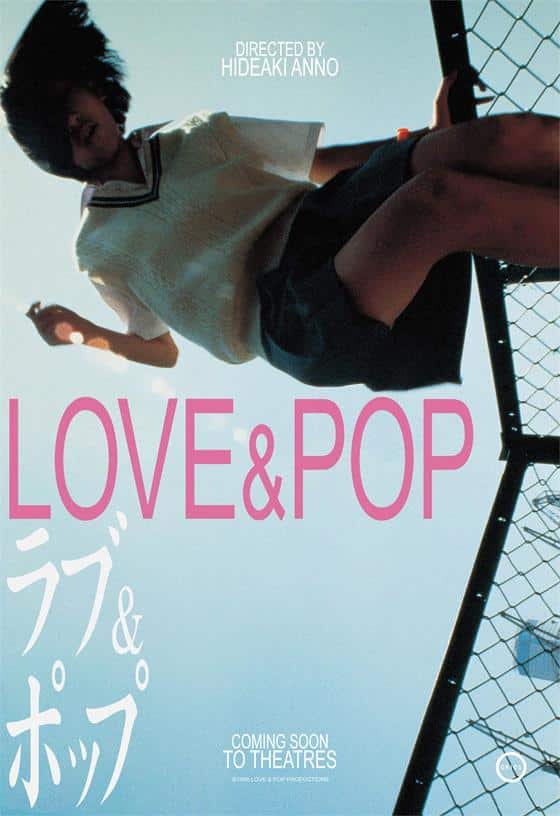On April 22, 2025, Bethesda Game Studios, in collaboration with Virtuos, reignited that passion by releasing The Elder Scrolls IV: Oblivion Remastered—a triumphant revival of the 2006 classic that not only honors its roots but elevates it to modern standards. This remaster has been hailed as a masterclass in nostalgia done right, blending stunning visual upgrades with refined gameplay mechanics to create an experience that’s both familiar and fresh. For fans of RPGs and open-world adventures, Oblivion Remastered stands as a beacon of how to breathe new life into a beloved title.
As we dive into this comprehensive exploration on likiy.net, we’ll uncover the history, features, community reception, and future implications of this remaster. Whether you’re a veteran of Cyrodiil or a newcomer eager to explore Tamriel’s heart, this article will guide you through why Oblivion Remastered is triumphing in 2025. For more on Bethesda’s epic sagas, check out our in-depth review of The Elder Scrolls V: Skyrim Anniversary Edition or our list of best RPG games of 2025.
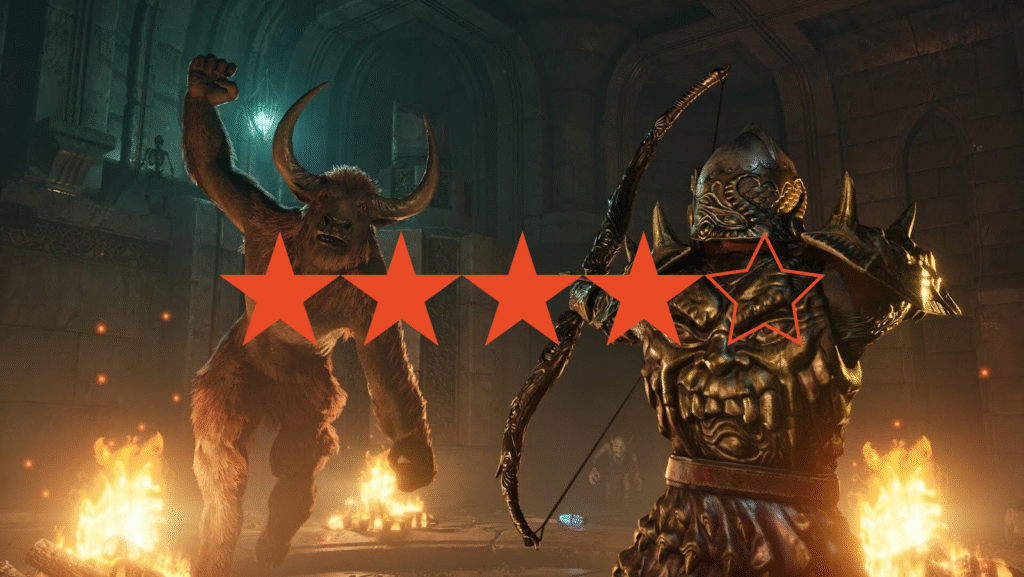
The Enduring Legacy of The Elder Scrolls IV: Oblivion
To appreciate the triumph of Oblivion Remastered, we must first revisit the original game’s monumental impact. Released in March 2006 for Xbox 360, PC, and later PlayStation 3, The Elder Scrolls IV: Oblivion was a groundbreaking achievement in open-world design. Set in the province of Cyrodiil, the game thrust players into the role of the Hero of Kvatch, tasked with thwarting a Daedric invasion following the assassination of Emperor Uriel Septim VII (voiced memorably by Patrick Stewart). Its radiant AI system allowed NPCs to live dynamic lives, engaging in routines that made the world feel alive—farmers tilling fields, guards patrolling streets, and citizens gossiping about current events.
Oblivion sold over 1.7 million copies in its first week and garnered universal acclaim, winning Game of the Year at multiple awards shows. It introduced mechanics like skill-based leveling, where actions directly improved abilities, and a vast array of quests spanning guilds such as the Fighters Guild, Mages Guild, Thieves Guild, and the infamous Dark Brotherhood. The game’s physics engine enabled hilarious exploits, like stacking paintbrushes to climb impossible heights, which became part of its charm.
However, Oblivion wasn’t without flaws. Its leveling system could feel punishing, with enemies scaling awkwardly to the player’s level, leading to overpowered bandits in glass armor. Graphics, while revolutionary for 2006, showed their age quickly, with uncanny valley character models and repetitive voice lines (who can forget “Stop right there, criminal scum!”). The game’s DLC, including the controversial Horse Armor pack, pioneered microtransactions but also delivered gems like Knights of the Nine and Shivering Isles—the latter a psychedelic expansion ruled by the mad god Sheogorath.
Fast-forward to 2025, and the gaming industry has evolved dramatically. Open-world games like The Witcher 3 and Elden Ring have raised the bar, making a straight port of Oblivion insufficient. Enter the remaster: a project that respects the original while addressing its shortcomings. Development began in 2021, leveraging Unreal Engine 5 for visuals and retaining Gamebryo elements for core mechanics. This hybrid approach ensures authenticity while delivering 4K resolution and 60 FPS on next-gen consoles.
For those interested in the series’ evolution, explore our article on Morrowind’s influence on modern RPGs or external resources like Bethesda’s official timeline on elderscrolls.bethesda.net.
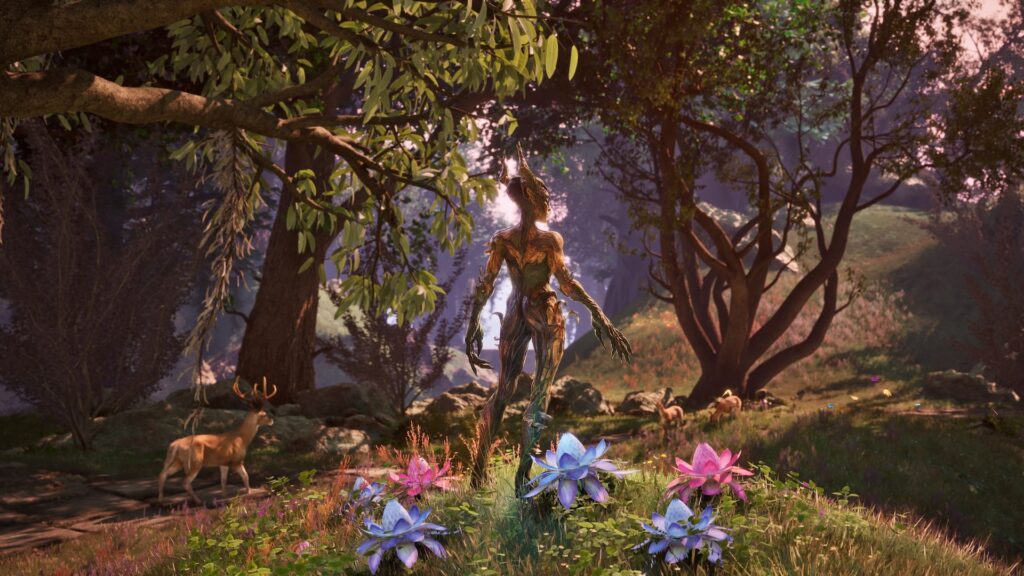
The Announcement and Release: A Surprise Triumph
The road to Oblivion Remastered was shrouded in secrecy until leaks surfaced in early April 2025. Rumors of a remaster had circulated for years, fueled by Bethesda’s acquisition by Microsoft and the success of Skyrim‘s multiple re-releases. On April 21, 2025, Bethesda teased a live stream, and the next day, they dropped the bombshell: not just an announcement, but an immediate digital release. This shadow drop strategy mirrored tactics used by indie developers but was a bold move for a AAA title.
Available on Xbox Series X|S, PlayStation 5, and PC (via Steam and Microsoft Store), the remaster launched at a base price of around $40, with a Deluxe Edition at $60 including extras like a digital artbook and new quests for Akatosh and Dagon gear. Physical editions for PS5 and Xbox Series X are slated for October 13, 2025. Inclusion in Xbox Game Pass from day one boosted accessibility, leading to over 9 million players in the first months.
The reveal trailer, viewed millions of times on YouTube, showcased revamped landscapes, from the lush forests of the Great Forest to the fiery gates of Oblivion. Fans erupted on social media, with X (formerly Twitter) buzzing about nostalgic moments like the sewers escape and the Arena battles. This hype translated to strong sales, positioning Oblivion Remastered as one of 2025’s top RPGs.
Key Features and Technical Upgrades
What makes Oblivion Remastered a triumph? It’s the meticulous balance of preservation and innovation. The core story and quests remain intact, but enhancements make it feel contemporary.
Visual Overhaul with Unreal Engine 5
The standout feature is the graphical remake using Unreal Engine 5. Cyrodiil’s landscapes are breathtaking: dynamic weather systems, ray-traced lighting, and high-resolution textures bring the Imperial City to life. Character models have been redesigned to avoid the original’s potato-faced NPCs, with improved facial animations and diverse body types. Environments like the Oblivion planes feature enhanced particle effects for lava and flames, making Daedric invasions more terrifying.
Performance is optimized for modern hardware. On Xbox Series X and PS5, it runs at 4K/60FPS, with options for performance or quality modes. PC players benefit from DLSS, FSR, and mod support, allowing further customization. Patches have addressed initial performance hiccups, such as frame drops in crowded areas.
Refined Gameplay Mechanics
Gameplay has been polished without altering Oblivion‘s soul. The leveling system—a notorious pain point—has been hybridized with Skyrim‘s approach, blending skill-based progression with more balanced enemy scaling. New features include sprinting, redesigned menus for better navigation, and improved inventory management that feels more intuitive.
Combat receives subtle tweaks: better hit detection, enhanced magic effects, and optional lock-on for console players. The HUD draws from Skyrim, with customizable elements for immersion. Quality-of-life additions like auto-save frequency adjustments and quest markers reduce frustration.
All original DLC is included: Shivering Isles with its madcap humor, Knights of the Nine for holy quests, and smaller packs like Wizard’s Tower and Horse Armor (now free of controversy). Deluxe Edition adds exclusive content, including new gear and an artbook.
For modders, the remaster supports community creations via Bethesda’s Creation Club and external tools, fostering longevity. Check out mods on Nexus Mods.
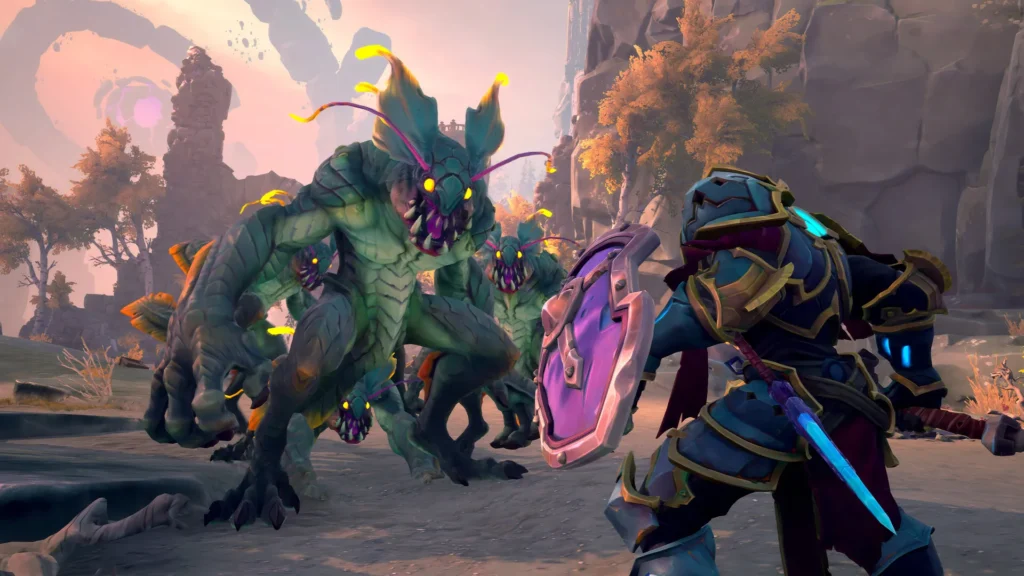
Audio and Voice Acting Enhancements
Audio has been remastered with higher fidelity soundtracks by Jeremy Soule, now in surround sound. New voice lines fill gaps, and some original actors returned for touch-ups. Community mods like the French voice-over pack highlight global appeal.
Diving Deep into the Story and Lore
The Elder Scrolls IV: Oblivion‘s narrative is a epic tale of heroism, betrayal, and divine intervention. As the Hero of Kvatch, you escape prison only to witness the Emperor’s murder and receive the Amulet of Kings. Your journey involves closing Oblivion gates, allying with figures like Martin Septim (Sean Bean), and confronting the Mythic Dawn cult.
The lore is rich: Cyrodiil as the Empire’s heart, with influences from Roman aesthetics and fantasy tropes. Quests explore themes of madness (Shivering Isles), redemption (Knights of the Nine), and moral ambiguity (Dark Brotherhood assassinations).
In the remaster, story beats shine brighter with improved cutscenes and pacing. For lore enthusiasts, pair this with our guide to Tamriel’s history or Bethesda’s lore hub.
Community Reaction and Reviews: A Resounding Success
Since launch, Oblivion Remastered has earned “generally favorable” reviews, with Metacritic scores around 80 and OpenCritic at 82. IGN praised it as a “nostalgic adventure that recaptures most of what I loved about the original, while sanding down rough edges.” TechRadar called it “a beautifully crafted RPG with a true heart of gold.”
On X, players share screenshots, achievements, and stories, with posts like “Playing Oblivion Remastered and hitting my dab pen” capturing casual fun. Reddit threads discuss gameplay changes, with users noting the remaster highlights the original’s brilliance.
Some criticisms include lingering bugs and the lack of a Nintendo Switch version, but updates have mitigated issues. Overall, it’s a triumph, with fans calling it a GOTY contender.
Comparisons to Other Remasters and the Series
Compared to Skyrim Special Edition, Oblivion Remastered feels more ambitious, with its engine hybrid offering superior visuals. Unlike Morrowind‘s fan remakes, this official version ensures polish.
Within the series, Oblivion bridges Morrowind‘s depth and Skyrim‘s accessibility. Its humor—think cheese wheels and Adoring Fan—sets it apart. For comparisons, see our Elder Scrolls series ranking.
The Future of The Elder Scrolls
Oblivion Remastered‘s success paves the way for The Elder Scrolls VI, announced in 2018. It reminds Bethesda of fan love for single-player epics amid live-service trends. Potential Morrowind remaster rumors swirl, and mod support keeps the community thriving.
A Timeless Triumph
The Elder Scrolls IV: Oblivion Remastered is more than a re-release—it’s a celebration of gaming history, triumphing by modernizing a classic without losing its essence. With stunning visuals, refined mechanics, and inclusive content, it’s a must-play for 2025. Dive into Cyrodiil today on Xbox, PlayStation, or Steam.
For more gaming insights, visit likiy.net’s RPG section or follow us on social media. What are your favorite Oblivion moments? Share below!

